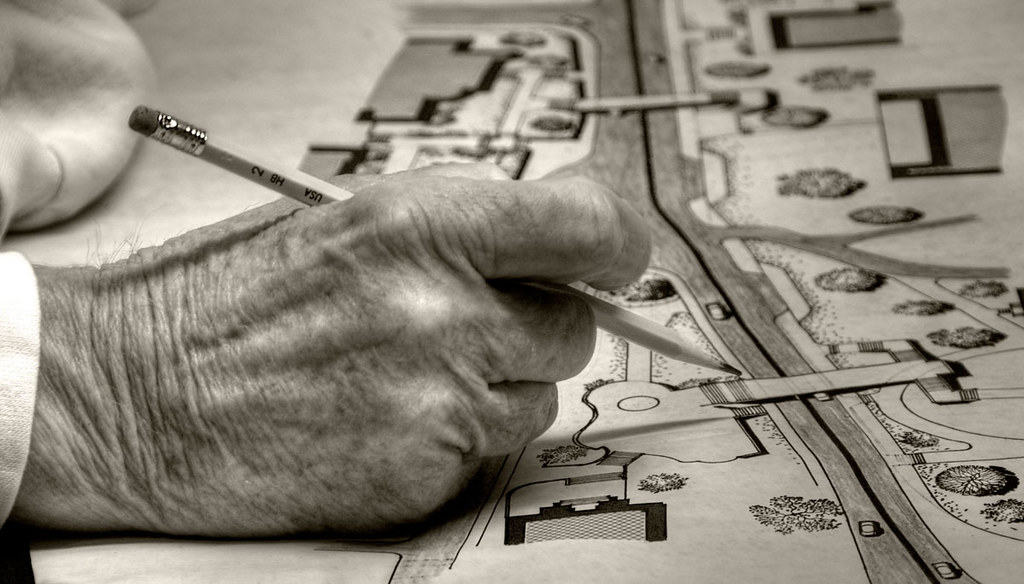Architecture is often romanticized as a convergence of real-world mechanics and otherworldly creativity. It paints rather elegant images of people sketching grand structures and seeing them come to life. Beyond the charm, however, is the reality and day-to-day life in the field. In this comprehensive guide, let us consider the compelling insights and advice on the crucial question: Should I become an architect?

People are often smitten by the allure of the architecture profession, but it's essential to understand it's more than just a job - it's a lifestyle. The attention to detail required, the creative thought process, and the long hours you put in make it interwoven with your everyday life. It's not just about carrying the prestigious title of 'architect'; it's more about enjoying and valuing the process that leads to it.

Criticism is a significant part of the architecture field. It's crucial to develop a thick skin, understanding that judgments are aimed at your work and not you as a person. This allows you to grow and improve as a professional.
Many architects don’t start earning substantial money right out of school; financial success usually comes later in their career. It's important to be aware and prepared for this aspect before deciding to embark on this road. If you're not passionate about the work, the initial financial hurdles can be a significant deterrent.

Sitting and designing grand structures is a part of an architect's life, but it's just a fraction of their work. The majority of time is spent solving problems, coordinating projects, and dealing with various legal aspects. It's not just about sketching pretty pictures but dealing with the intricate details of turning these sketches into reality.
Contrary to common misconception, architecture isn't just about drawing; a combination of strong math skills, creativity, patience, resilience, and a solid work ethic is required. You don't necessarily have to be an artist, but being able to visualize and communicate your designs effectively is important.

To become an architect, one major hurdle is obtaining your license. This requires dedication and hard work throughout your years in architecture school, significant hands-on experience through internships, and passing the Architect Registration Examination.
Deciding to become an architect indeed involves gauging one's interests, skills, and long-term goals. Make use of various resources such as personality quizzes, books, certifications, and talking to practicing architects. Reading "Architect? A Candid Guide to the Profession" by Roger Lewis would provide a genuine perspective of the profession.
Compare architecture to other career paths you may be interested in, like computer science. Understand the potential salary and job outlook for architects and weigh the pros and cons.
Remember, your career path should be a personal journey based on what truly makes you happy and fulfilled. It's not about a heavier paycheck, but about satisfaction and contentment that comes from doing what you love.
In conclusion, one should not choose to become an architect for the title alone. The road will be challenging—with long hours, initial low pay, and lots of criticism. However, the reward comes from the satisfaction of seeing your designs come to life, knowing they will stand for years and shape the environment of the people around them. Take the decision seriously, research thoroughly, and you may embark on one of the most rewarding journeys of your life.
